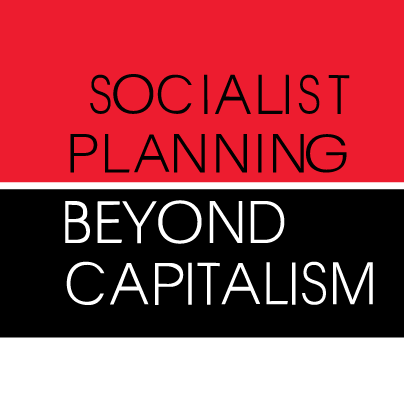Politics as coercion and force directed at the public as opposed to conflict and decision-making
The political sociology based on Max Weber's work are more pessimistic than either the Institutionalists or the civic republicans about what politics is about. The distinctive mark of a political action is that it can be directed and enforced towards all members of society. Every kind of law, directly or indirectly, can potentially involve the exercises of force. In tribal societies coercion or force existed at a group level. With the rise of the state, the means of violence is monopolized which means that force is legally used to settle certain conflicts, sanction certain rules, back certain decisions, and guarantee certain policies.
Some counter that other groups and individuals use force as well as the state. What about rebels, armed robbers or a parent chastising or battering a child? The difference is that this is private force. Not all members of society are affected by this. Politics is the force or coercion used by the state in public affairs.
Force differs from conflict as a criterion of politics. There is no room for two or more exercises of force. By the very nature of force, only one body is able to consistently back its will by force. Certainly, there can be more than one kind of decision-making coexisting in the same society. But only those decisions which are backed by force are political. The running of businesses, trade unions, schools, universities, banks, churches and families certainly disagree, and come into conflict. However, none may use force legally except with the permission of the state. All strategizing by groups in society is not political because convincing and persuading does not use force. Only when force is used does it become political and that force must be monopolized by the state.
Politics is about power, not authority
For institutionalists, politics is a process and the result is the authority of the state. In the case of civil libertarians, politics is the process and the result is power to get things done by the civic community. For Weberians (Max Weber), all politics is rooted in power and power is based on force or coercion. Furthermore, all force is concentrated in the state. Authority is one kind of power, but it is not the ultimate source. Legitimate authority and charisma are other kinds of power. If anything, power is the end and politics is the means. Unlike the institutionalists, for Weberians, professionally elected politicians may or may not be the ones doing politics. The real politics is going on not in debates in parliament but behind the scenes in the wheeling and dealing of elites competing with each other.
Unlike either institutionalists or civic republicans, Weberians are more sensitive to changes in politics over the course of history. So too, they do not make an absolute separation between politics and economics. While they understand all politics involves economics, they think that the maneuvering among elite state actors controls the economy.
In political sociology Weber represents what has been called the "managerial" school, both political and functional wings. Weberians are difficult to classify in terms of political ideology. On the one hand they are radical in their critique of the existing order. But on the other, there is a pessimism about the working class or the lower class's ability to participate in democratic process or public civil discussion.
Conclusion
At the beginning of this article, I pointed out how difficult it was to define politics, both in political actions and political theory. I then posed twelve questions that all seven theories have to answer. I then named and described three theoretical schools of politics: institutionalists, civil republicans and Weberian political economists. Despite their differences, all three theories occupy the centralist section of the political spectrum. That is, all three theories are liberal or conservative. In Part II of this article, I will address other theories of politics. Radical feminist and Marxist theories will represent the revolutionary left side of the political spectrum, that is socialist theories of politics. On the right side of the political spectrum, we will rational choice theories and bio-evolutionary theories of politics. Rational choice theory would be right libertarian, as would Darwinian theories of politics.
Next Page 1 | 2 | 3 | 4 | 5 | 6
(Note: You can view every article as one long page if you sign up as an Advocate Member, or higher).





